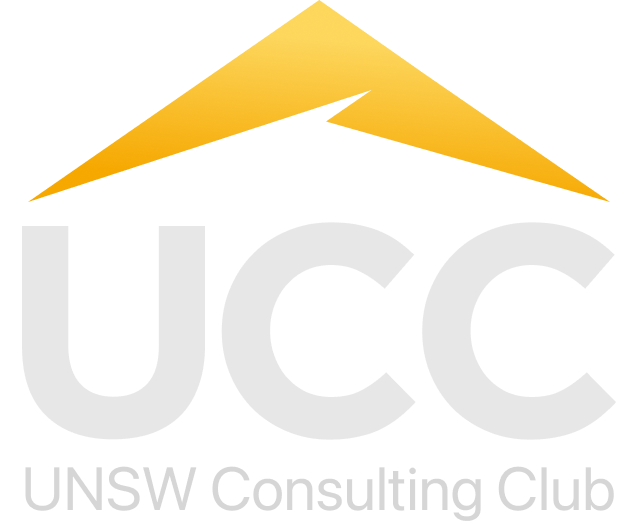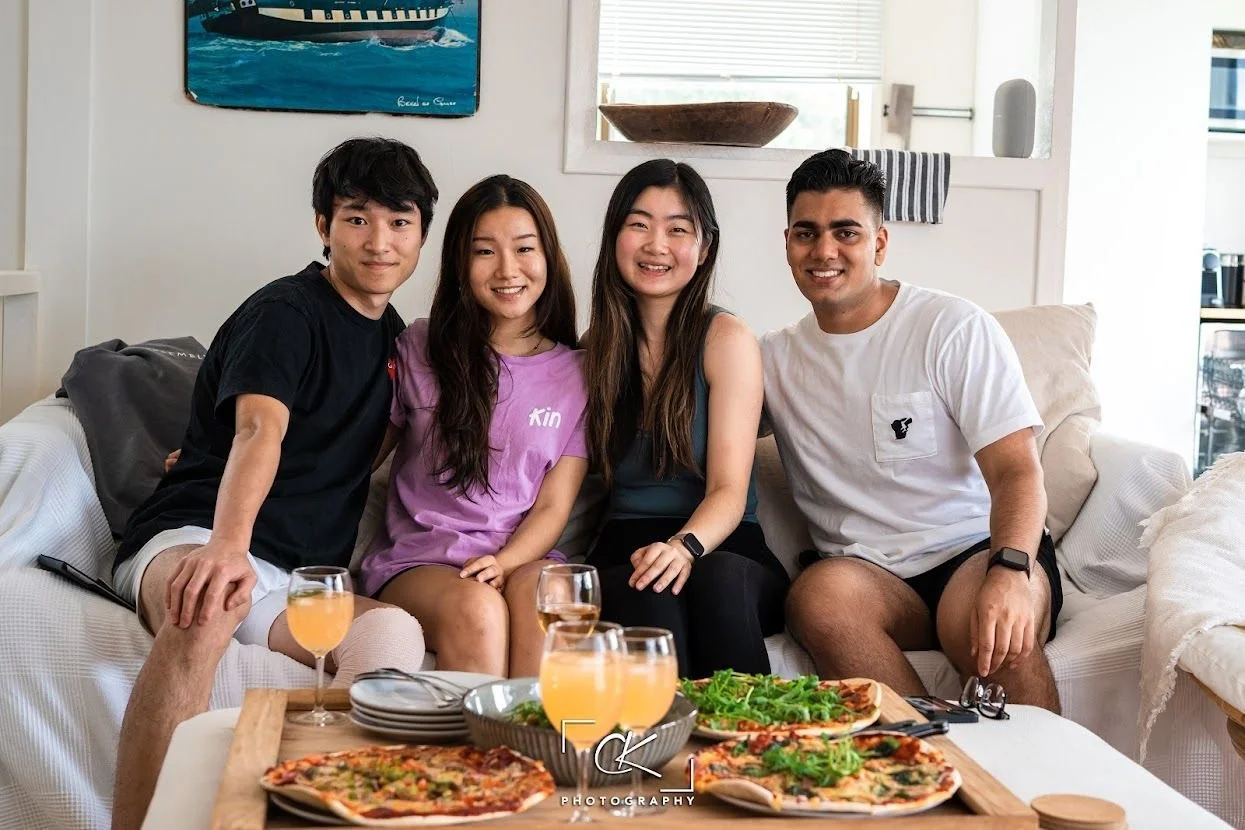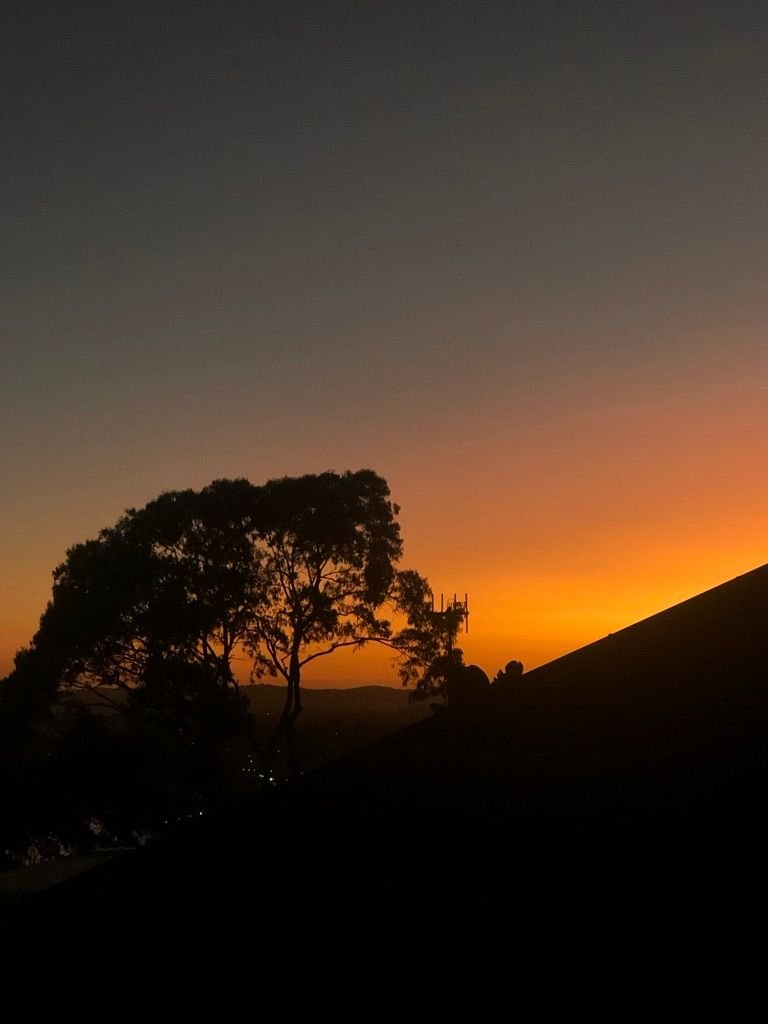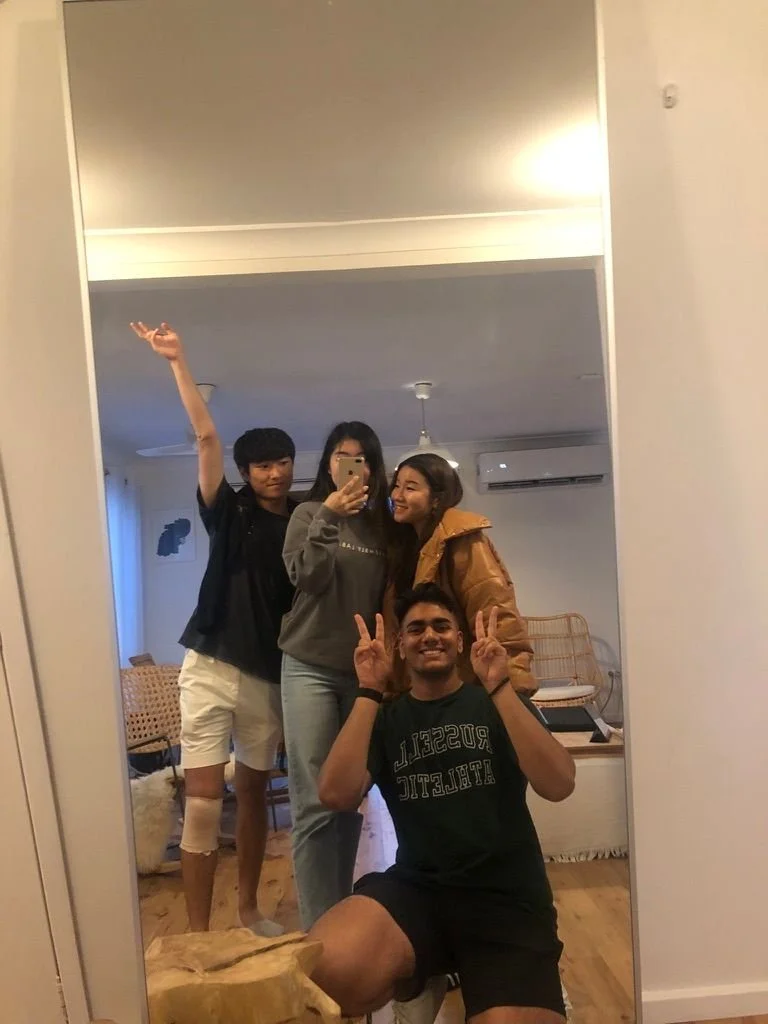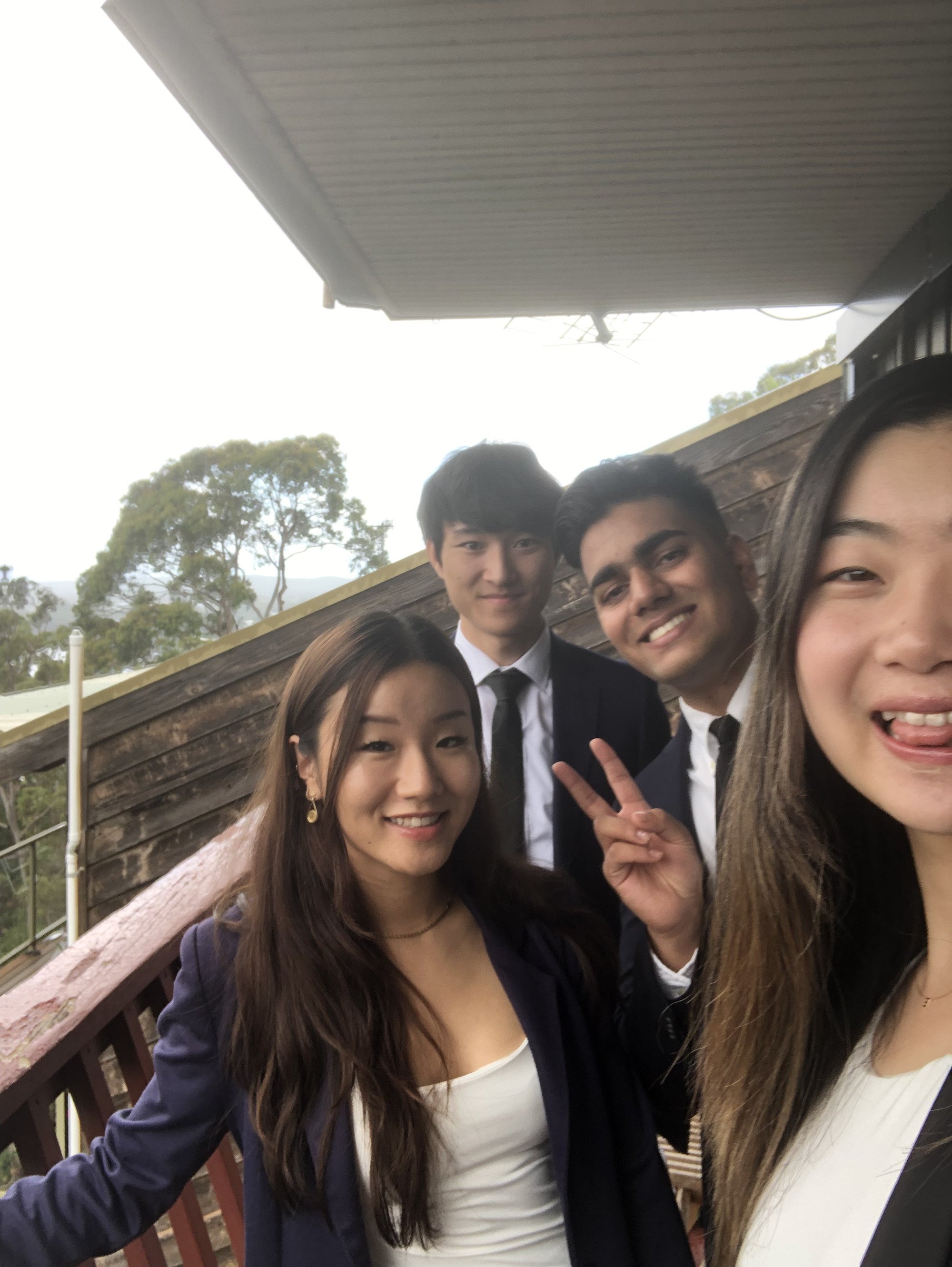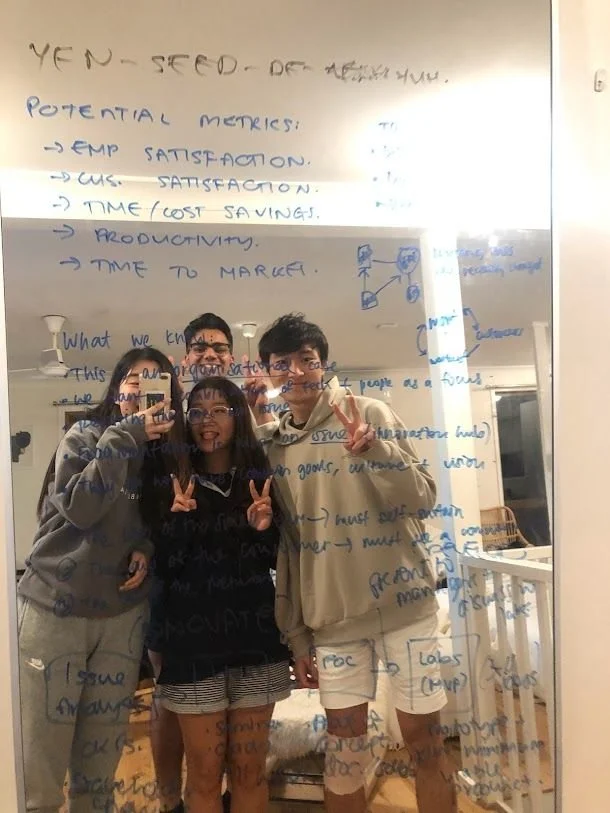What it’s like to compete in an ICC
Written By Emily Cong & Varun Amin
What are Case Competitions?
A case competition is an event where a team of 3-4 get together to solve a case study on real-life companies in a limited time frame before presenting their innovative strategic recommendations to a panel of judges. At an international level, competitions are run with a time window ranging from 3-30 hours, where you will compete against other teams from universities around the world.
Synopsis
In this article, two of our squad members will be sharing their experience at the BI International Case Competition (BIICC), which ran earlier this year in February. BIICC is an annual undergraduate competition held for the first time in February 2016. Through an intense and fun week, 12 international teams solve and present two real-life business cases delivered by our strategic partners.
About the Authors
Varun is in his 4th year, studying a dual Bachelor of Commerce/Information Systems majoring in Accounting. He joined the International Case Competition Squad in Term One of 2021 and has represented UNSW at the 2021 University of Münster International Case Challenge in Germany and the 2022 BI International Case Competition in Norway. He is presently an External Relations Director and Coach at UCC.
Emily is in her 3rd year, studying a Bachelor of Commerce (Marketing Co-op). She joined the International Case Competition Squad in Term Three of 2020 and has represented UNSW at the 2021 HKUST International Case Competition in Hong Kong and the 2022 BI International Case Competition in Norway. She is presently a Culture and Talent Director at UCC.
Before the Competition (Varun)
Training for an International Case Competition (ICC) is a highly rigorous and demanding process, with teams generally completing upwards of six practice cases before an ICC. Squad members are placed in a diverse group of four with varying experiences and skills. There is a designated team leader responsible for the administration and smooth running of the team, a spokesperson if you will.
Based on the training timetable, teams will generally complete one case per week before the competition under timed conditions. For our team, our training involved alternating between 10 and 30 hour cases from past years of the competition as practice cases for our team. Afterwards, we would practise delivering a final pitch deck and presenting this to our lovely faculty advisors from the Business School, as well as our ICC Coach. A shoutout goes out to these beautiful humans who not only facilitate our participation in ICCs but also take an active mentorship and advisory role for teams. A special mention to our coaches Dean Kalas, Dr Jeff Coulton, Mr Brian Burfitt and Mr Simon Millet for their invaluable advice and mentorship leading up to the competition.
Whilst this may seem to be a rigorous and draining process, and it can be, the skills one develops in the process are immense. From learning about varied industries such as hydrogen energy to brown cheese, an ICC exposes you to various industries and countries beyond those you would see in your average classroom, forcing you to innovate how you apply business acumen. Beyond this, you develop a range of soft skills working under pressure to deliver a deliverable in a team and your pitching and presentation skills. An ICC equips you with the fundamental skill set needed to succeed as a consultant in the industry.
Beyond the skills you develop along the way, you also build lifelong friendships and connections. I can proudly say that the friends I’ve picked up from my ICC experiences are some of my closest. Whether it be a 2am trip to Maccas for some brain fuel, a 4am argument about agile innovation strategies or driving a boat for the first time, I’ve built many cherished memories and gained some fantastic friends in the process.
(Left to right) Christian Huang, Sarah Kim, Emily Cong, Varun Amin
During the Competition (Emily)
Despite spending hours as a team doing practice cases and preparation calls in the weeks leading up to BIICC, it’s safe to say that the competition week was a beast in itself we hadn’t quite prepared for! While we weren’t lucky enough to be flown up to Norway this year, we did decide to book a cozy Airbnb up the coast in Woy Woy - our home away from home for the week!
While the formal part of the competition - case cracking, presenting, feedback sessions and social activities organised by the BIICC team - made up most of our week, we did manage to balance it out. We spent our free time on adventures out on the water, a cocktail and board games night, going out for brunch on Valentine’s Day, and of course, lots of downtime to sleep, cook and relax!
The structure of the BI competition involved a 10-hour warmup case, followed by the 30-hour main case. For us, our week looked like the release of our first case on Saturday evening for submission early Sunday morning and presentations on Sunday night, before our main case from Wednesday night to Thursday morning. Given that we needed to adapt to Oslo time, the first challenge we faced was quite literally staying awake and adapting to almost a week of afternoon wakeups, evening case releases and watching the sunrise as we hit that submit button. Whilst it did mean a few more cups of coffee than we planned for, there was something unique about learning the correct pronunciation of Gjensidige, a Norwegian insurance company, at 3am, that truly bonded us as a team. For the record, and if anyone is curious, it’s yen-see-di-yeh.
As for the cases themselves and navigating the complex business problems we were tasked with, they were definitely two very different cases yet both were adventures in and of themselves. Instead of taking you through a detailed breakdown of how we approached each of the two cases specifically, I thought we’d share are our top three takeaways and pieces of advice!
1. Stay Organised
Being a team of admittedly Type-A people, our Notion page (thanks Varun) was super comprehensive. It made sure we had everything in one place, from everything casing-related down to our weekly schedule and meal plans! We also found using a physical whiteboard (or mirror in our case) really useful.
2. Be a well-oiled ship!
Similar to when people speak of maintaining ‘red string’ or having a strong storyline, our biggest takeaway to having a strong presentation was making sure we were pitching a concise and consolidated message. From the look and feel of our slides to the way we spoke, a top priority for us was to present a united front!
3. When in doubt...take a break!
While we often discuss in detail case timelines and breakdown of time, breaks are definitely an underrated topic. Especially for longer cases like our 30 hour, it’s super important to ‘budget’ your time wisely and make sure to leave time for sleep and meal breaks! It’s totally okay to switch around the case schedule to add in some spontaneous breaks, and adapt to how the team is feeling 😊
Arguably the most nerve-wracking yet rewarding part of the competition week, the next step after submitting the cases was preparing for our presentation that evening. For both presentations, we were given 10-15mins to present, followed by another 10-15mins of Q&A. Judges, ranged from C-Suite executives representing the company, consultants from BCG in Norway, and academic representatives from the BI Norwegian Business School itself. As with all virtual presentations, it was essential to have a solid setup and try our best to avoid any tech issues!
Beyond the formal case-related portion of the competition, we also participated in a range of social activities organised by the BI team, ranging from trivia events and challenges. This was a great space to meet case competitors from all over the world, chat about the competition and consulting, and get to know them as people and bond over shared interests. Within our competition this year, we were fortunate enough to meet teams from Singapore, Hong Kong, Netherlands and more, and got to know them both as incredible presenters and as fellow students.
After the Competition (Varun)
I can safely say the thing I looked forward to most after the competition was a good night's sleep. Despite competing virtually, the timezones took a toll with our team adopting a nocturnal sleep cycle to match our allocated case cracking periods and presentation times. I can only describe what I experienced when returning home as domestic jet lag. Once recovered from a week of low levels of sleep, I awoke to a flurry of messages congratulating us on our case performance.
In hindsight, I took a moment to digest what had happened at 4am that morning. It felt quite surreal for our team to present our strategy to such senior stakeholders. To hear comments such as “that if the presentation came from a consulting firm, the firm would foot the bill” or that the presentation would have been praised if it were given to BCG, made it all worth it. It’s difficult to quite beat the moment and it will remain a highlight of my university career. Not only for the cases I solved or the skills I gained, but for the friends and memories I made along the way.
Looking to the future, I’m excited to enable others to experience the same. A big part of the culture at UCC is to pay it forward. I’m excited to coach others and share the knowledge I’ve built so another might experience some of the fantastic things I have along my journey.
Conclusion
If you’d like to find out more about the cases and the competition you can find out more here. BI Business School also launched their own article recapping the competition here. If you’re interested in finding out more about UCC’s squad program you can check out our website, our social media or shoot us a message over Facebook.
